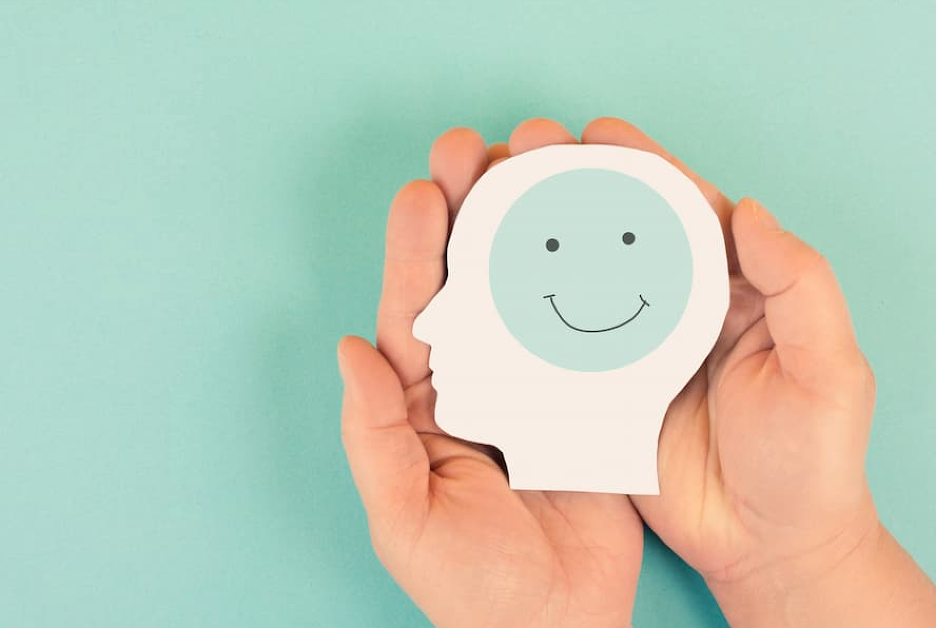
Study Links Physical Activity to Lower Risk of Dementia, Depression
Sitting too much may be bad for brain health, but regular movement could lower the risk of five major neuropsychiatric diseases.
By
Lana Pine| Published on March 27, 2025
4 min read
Using fitness tracker data from 73,000 people, investigators found that more movement reduces the risk of brain and mental health diseases, while too much sitting increases it. The findings, which will be presented at the American Academy of Neurology (AAN)’s Annual Meeting, held April 5-9 in San Diego, showed that moving more and sitting less — regardless of activity intensity — could help protect against conditions like dementia and depression.
Investigators used trackers to get accurate data on movement and inactivity that did not rely on self-reported information, which has been shown to differ from objectively measured metrics.
“Some previous studies have relied on people reporting on their own levels of activity,” said one of the study’s authors, Jia-Yi Wu, M.D., of Fudan University in Shanghai, China. “With our large number of participants and the use of devices that provide objective measurements of activity levels, these results will have implications for assessing risk factors and developing interventions to prevent the development of these diseases.”
Participants were enrolled in a large United Kingdom database and wore fitness trackers continuously for seven days to measure their physical activity, how much time they spent sitting and how much energy they used on activities. Investigators used metabolic equivalents (METs) to determine energy expenditure, with moderate to vigorous physical activity defined as an energy expenditure of three or more METs. For example, walking and cleaning were categorized as three METs, while intense cycling averaged approximately six METs, depending on the speed of the ride.
The mean age of participants was 56.08 years, more than half (55.72%) were women, and nearly all (96.40%) were White.
Results revealed that being active lowers the risk of mental health and neurological conditions, including dementia, depression, stroke, anxiety and sleep disorders. People who did not develop these conditions had an average energy expenditure of 1.22 kilojoules per kilogram compared with 0.85 for patients who developed dementia, 0.95 for sleep disorders, 1.02 for stroke, 1.08 for depression and 1.10 for anxiety.
Moderate to vigorous physical activity showed the strongest protective effect — those who participated in this type of activity were 14% to 40% less likely to develop these five conditions than individuals with lower energy expenditure.
However, spending too much time sitting increases the risk. The more time an individual spent sitting, the higher their risk of developing a neuropsychiatric disease, which was 5% to 54% higher than that of those who sat the least.
The study also explored how physical activity affects the brain, showing that it influences brain structure, function and key biological markers related to inflammation and metabolism.
Findings may have significant implications for determining the risk factors for neuropsychiatric diseases and developing preventive strategies.
According to investigators, a limitation of the study was that most participants were White, so findings may not be generalizable to other populations.
“This research highlights the role of physical activity and sedentary behavior as modifiable factors that may enhance brain health and reduce the incidence of these diseases,” Wu concluded. “It is promising to think that encouraging people to make these lifestyle changes could potentially lessen the burden of these diseases in the future.”

